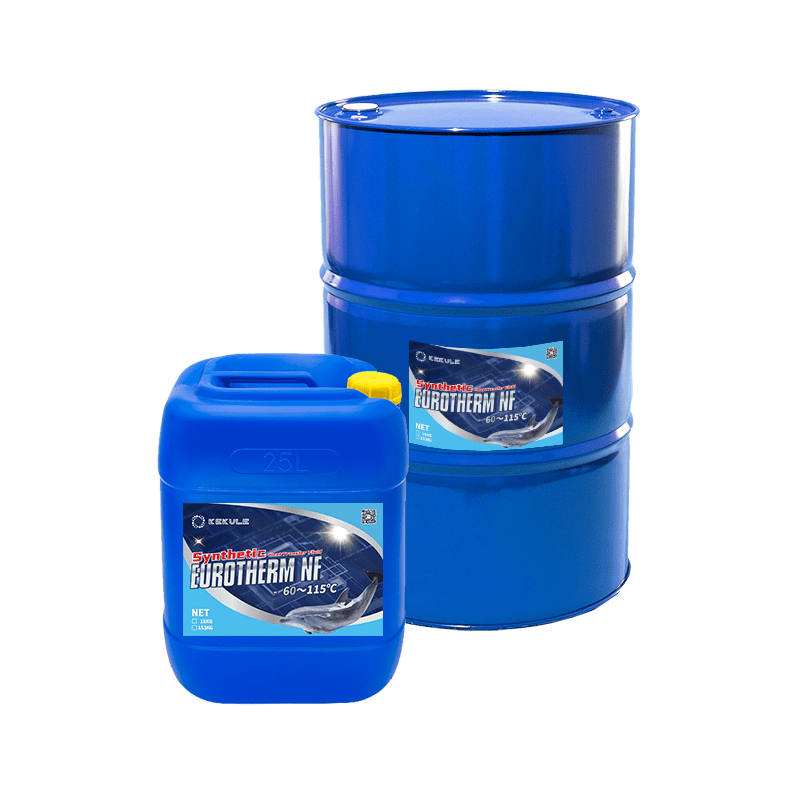Chemie for Dummies
Chemie for Dummies
Blog Article
8 Easy Facts About Chemie Described
Table of ContentsThe Definitive Guide for ChemieThe smart Trick of Chemie That Nobody is DiscussingThe 15-Second Trick For ChemieNot known Factual Statements About Chemie The 20-Second Trick For ChemieEverything about Chemie
(https://www.huntingnet.com/forum/members/chemie999.html)Measured modification in electrical conductivity of liquid samples as a function of time when mixed with the resin example in the closed indirect air conditioning loophole experiment. Figure 6 reveals the change in the gauged electrical conductivity of the liquid samples when mixed with the resin example. The conductivity of the water sample from the shut loop experiment lowered by about 70% from 11.77 S/cm to 3.32 S/cm in six hours.These outcomes showed that the ability of the material depends upon the examination liquid utilized for the experiment. This reveals that different ions existing in the fluid will certainly cause different ion exchange capacity of the fluid. Computing the ion exchange resin capability with the liquid example from the actual cooling loophole is important.
Not known Incorrect Statements About Chemie
An ion exchange resin cartridge including 20g of Dowex mixed bed resin may take on order 938 days to saturate - inhibited antifreeze. To put it simply, to maintain a reduced electric conductivity, a material cartridge with the dimension and weight spec as that of the resin cartridge utilized in the experiment, need to be changed every 30 months for the cooling system that was made use of in the experiment
The air conditioning of electronic parts has come to be a significant difficulty in recent times due to the advancements in the layout of faster and smaller parts. The use of a fluid coolant has come to be appealing due to the higher warm transfer coefficient achieved as contrasted to air-cooling.
What Does Chemie Mean?
A solitary stage air conditioning loop consists of a pump, a heat exchanger (cold plate/mini- or micro-channels), and a warm sink (radiator with a fan or a liquid-to-liquid warm exchanger with chilled water cooling). The warm resource in the electronic devices system is affixed to the warmth exchanger.
The needs might differ depending on the kind of application. Following is a list of some general requirements: Good thermo-physical residential or commercial properties (high thermal conductivity and details warmth; low viscosity; high hidden warm of dissipation for two-phase application) Reduced freezing point and burst factor (occasionally ruptured defense at -40 C or reduced is required for shipping and/or storage space objectives) High climatic boiling point (or low vapor stress at the operating temperature level) for solitary phase system; a narrow wanted boiling factor for a two-phase system Great chemical and thermal stability for the life of the electronic devices system High flash factor and auto-ignition temperature (in some cases non-combustibility is a requirement) Non-corrosive to products of building and construction (metals as well as polymers and various other non-metals) No or marginal regulative constraints (eco-friendly, harmless, and possibly biodegradable) Affordable The finest electronics coolant is a low-cost and nontoxic fluid with outstanding thermo-physical homes and a long solution life.
The Facts About Chemie Revealed
Many of these fluids have a non-discernible smell and are safe in case of contact with skin or intake. As discussed previously, aliphatic PAO-based liquids have replaced the silicate-ester fluids in a selection of military electronics (and avionics) cooling applications in the last years. An additional class of popular coolant chemistry is dimethyl- and methyl phenyl-poly (siloxane) or generally known as silicone oil.
Fluorinated substances such as perfluorocarbons (i.e., FC-72, FC-77) hydrofluoroethers (HFE) and perfluorocarbon ethers (PFE) have particular distinct residential or commercial properties and can be utilized touching the electronic devices [4, 8] Of all, these fluids are non-combustible and safe. Some fluorinated compounds have zero ozone depleting potential and other environmental residential properties.
This coolant is classified as harmful and ought to be handled and disposed of with treatment. The high quality of water used for the prep work of a glycol option is very important for the system.
The Basic Principles Of Chemie

This is a low cost antifreeze solution, locating use in refrigeration solutions and ground source warm pumps - silicone fluid. This liquid can be used down to -40 C owing to its reasonably high price of warm transfer in this temperature range.
It is thought about more harmful than ethylene glycol and as a result has discovered use only for process applications located outdoors. Methanol is a combustible fluid and, as such, introduces a possible fire risk where it is kept, handled, or made use of.
Everything about Chemie
As a combustible liquid, it needs certain preventative measures for dealing with and storage. Liquid solutions of calcium chloride locate meg glycol vast use as distributing coolants in food plants. It is non-flammable, safe and thermally more effective than the glycol options. A 29% (by wt.) calcium chloride remedy has a cold point below -40 C.

Report this page